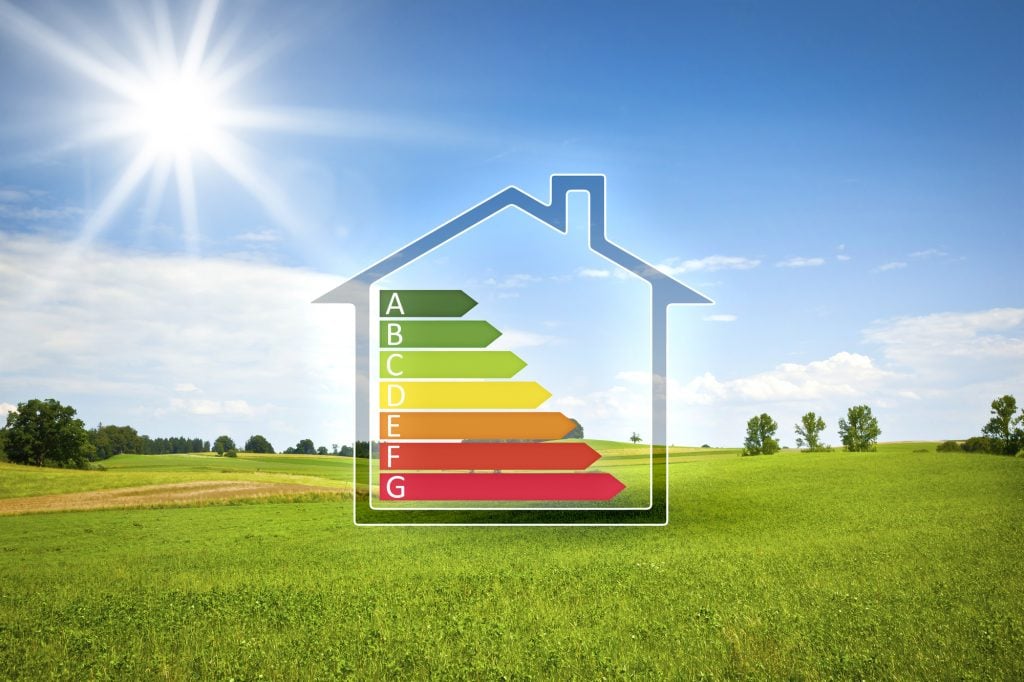We look forward to connecting with you.

Most homeowners are aware that their home must be compliant with building codes, but many have no idea about reach codes. Progressive states, like California and Oregon, have recently added reach codes into their general building codes, to address hot topics like energy efficiency.
For homeowners who don't plan on starting any big renovation projects, reach codes are not yet relevant. For homeowners currently building their homes, renovating their homes, or intending to do so, construction must be compliant with these codes. Even for homeowners selling their home, they have to submit an energy report.
What are these reach codes? What is their purpose? Keep reading to find out.
What Are Reach Codes?
In some areas, reach codes are also called "stretch codes" or "above codes." They are codes that go above and beyond the standard statewide building codes.
These reach codes must be proven necessary in a few ways before they're written into enforceable statues.
They should be proven ways to increase energy-saving, more so than the existing city or state codes. They should be proven to be compatible with common construction practice. They should also be enforceable, as in something that can actually be checked by an inspector.
What Is Their Purpose?
Reach codes exist to improve the energy-savings within a community. Although city and state building codes already attempt to incorporate more energy-efficient legislation, the desire to go above and beyond is often driven by local sentiment. It can also be driven by the financial incentives of energy-efficiency.
Reach codes also serve the purpose of continually driving construction toward more energy-efficient practices. It takes time to educate the community about how to build in accordance with these codes, so making gradual changes sooner helps to have a large impact over time.
Examples of Reach Codes
Reach codes exist in pockets throughout the United States. One example of a reach code can be seen in Piedmont, California.
In this municipality, the reach code primarily affects new construction, renovation, and home sales. Piedmont’s reach codes are particularly prohibitive of any new gas line hookups for homes.
In this example, home improvement projects that increase the roof size must also include a solar panel installation. Any renovation that costs over $25,000 must upgrade insulation or heating system electrification, and any project that costs over $100,000 must include both of these upgrades.
What Areas Are Affected?
Energy codes are widespread in California, even in Bernal Heights. These California communities take building codes a step further by adopting reach codes to additionally improve energy savings. Throughout California, around 38 municipalities have adopted these codes.
Current reach codes in Bernal Heights are aimed at increasing the number of “EV-Capable” and/or “EV-ready” parking spaces beyond mandatory CALGreen requirements and most recently, San Francisco expanded on their building electrification ordinance, now requiring that all new construction be all-electric starting June 1st, 2021.
If you are interested in learning more and seeing reach codes in place throughout California, you can view a handy interactive map at this website.
How to Be Compliant
When you are in the market to buy a new home, it’s critical that you due your due diligence. That includes understanding how compliant your potential new home is with the local building and reach codes, before you close a deal. Code violations could affect the cost of future renovations, and even your success in selling the home later on. On the bright side, reach codes are a sign of more green things to come.
If you're curious about reach codes, how they impact your situation, or if you have any other questions about buying or selling a home, please don't hesitate to reach out to your real estate experts for a no-pressure consultation. We’re happy to hear from you!

